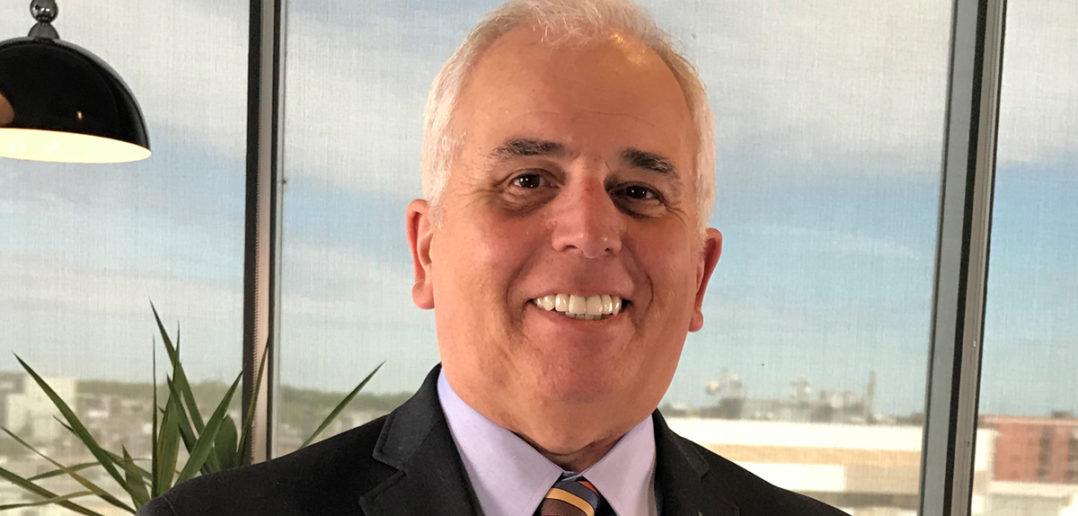As one of the pioneers of Cirque du Soleil, author, creativity consultant and marketing guru Jean David knows a thing or two about reinvention. Between 1984 and 1999, David led the marketing department at the highly successful company as vice president – a period described in the book Blue Ocean Strategy – helping to transform public perception of what a circus is.
Away from Cirque du Soleil, David completed a transitional mandate at the WYNN Hotel in Las Vegas as acting vice president, entertainment, sales and marketing. He also conducted an 18-month feasibility study on behalf of the ESSEL group for the creation of the Mumbai International Creative Centre, a radically future-oriented project in Mumbai, India. The international ‘resort’ project includes a convention centre and a theme park, all centred around the theme of creativity.
MIPIM UK caught up with David to find out what it takes to become a game changer.
What are some of the broad lessons that you take from your time at Cirque du Soleil?
When I think about some of the key decisions we took in the business’ development, which at the time was quite unique and quite special, it was about how to differentiate the company. So, it was about branding, management, clients, sales, marketing and customer service. There are lessons that we can take from those decisions in today’s world. It’s about creating a culture of innovation. If businesses want to reinvent their model and cope with change, they have to develop a cultural shift.
How did you differentiate the Cirque du Soleil brand?
Right at the beginning we decided not to use animals in the show. Cirque du Soleil was created by street performers and those guys never used animals. That decision, which was very simple and based on practicalities, was incredibly important because it contributed massively to differentiating Cirque du Soleil from the rest of the industry at that time. Maybe real estate companies need to look at what their ‘animals’ are and think about how to get rid of them. What is it they don’t need anymore?
What do you see as real estate’s ‘animals’?
I don’t know the answer to that, but I do know how to ask the right questions. Personally, I believe that the role of leaders in industry is to question themselves, but also to allow other people to come up with the answers and to be open to the idea that it might be time to go in a direction that they had never previously considered.
What do you see as the main challenge facing real estate?
The situation that the real estate industry is facing is technological development. Everybody is facing the same challenge in a sense. The change that real estate is facing is a huge thing and it’s something that nobody can stop. My view is that we cannot fight against this change – we have to work with it. We have to be able to transform in order to stay alive and succeed. It’s about understanding that the client today is not the same they were 20 or 30 years ago.
How should companies embark on a process of change?
It’s vital to engage employees in the change; in the development of the business. Developing a new relationship with employees is something that every industry must do. It’s about being willing to apply a new way of doing things. And it’s also about leadership. The main problem for the implementation of innovation in a company is the boss. If the boss doesn’t want it, it won’t happen. That applies to real estate, absolutely.
Don’t miss Jean David’s keynote speech at MIPIM UK this October!



